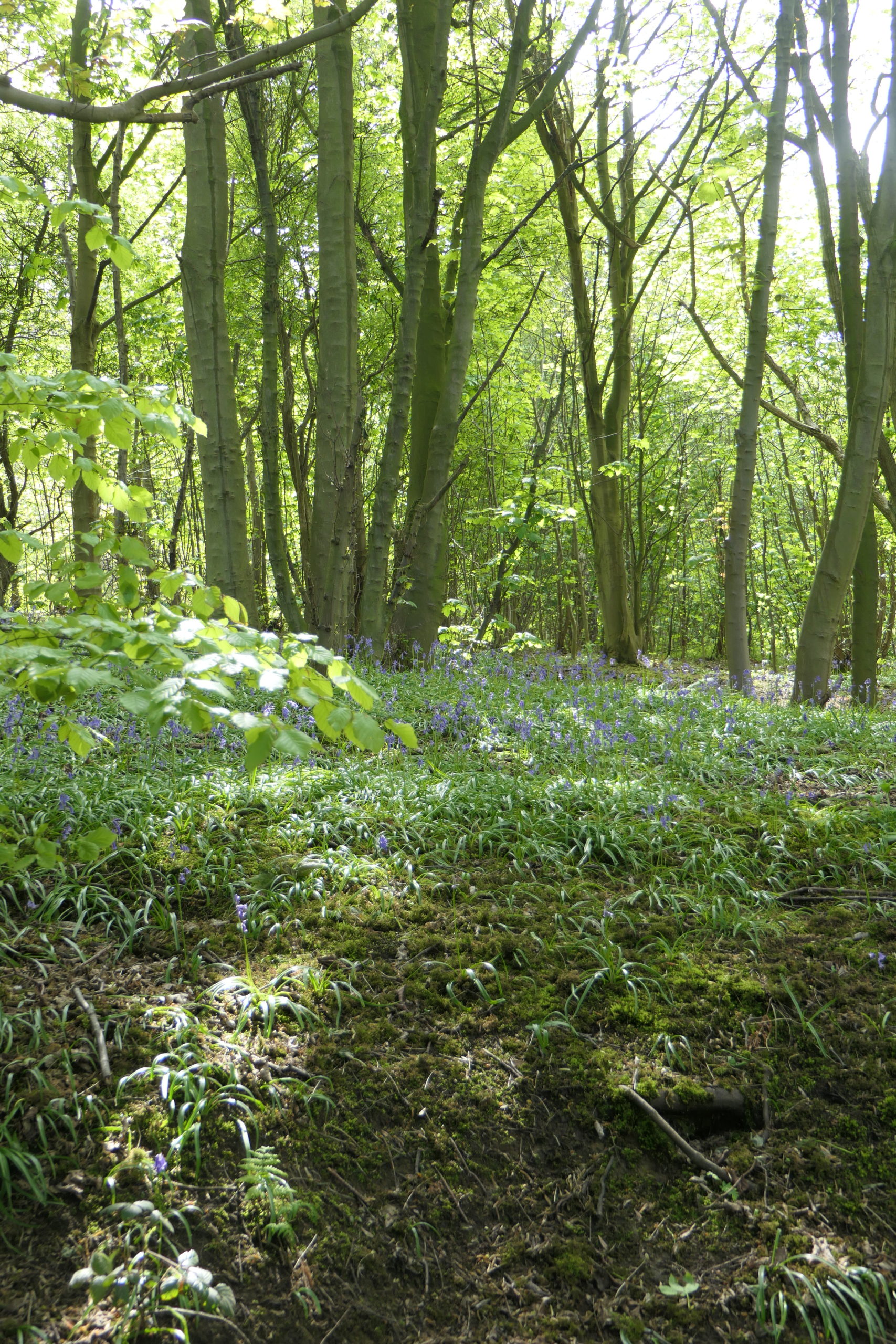The Government has announced new payments for farmers which raise serious questions as to whether we’ll see any better environmental outcomes now than the era of the much-derided Common Agricultural Policy.
Our food security’s dependence on nature and a stable climate is in the spotlight at this week’s farm conferences, particularly in the light of today’s announcement by farming minister, Mark Spencer: Government to pay more to farmers who protect and enhance the environment. The timing is apt as 2022 has been declared the warmest year ever in the UK by the Met Office, and 2023 has begun with a record-breaking warm winter temperatures across Europe.

Craig Bennett, chief executive of The Wildlife Trusts says:
“Today’s Government announcement raises serious questions as to whether we’ll see any better environmental outcomes now than the era of the much-derided Common Agricultural Policy which caused nature to crash in the first place. What’s been revealed of the Environmental Land Management schemes shows desperately low ambition and represents a return to area-based payments by the back door.
“Farmers need much more support to adapt to climate change – they need stronger incentives to do the right thing – but today’s announcement will mean less money for meaningful action.
“If the Government had included handsome rewards for farmers to move away from pesticides through integrated pest management, for example, you’d have more businesses attracted to the schemes. But instead we’re seeing more money put into the least effective strand of the scheme that will deliver the smallest amount of public benefits – to the detriment of the most ambitious elements of ELM.
“We were promised a better system when we left the EU. Will we now see the same old damaging practices continue because there are no better offers on the table? Despite six years and four successive Governments saying that farmers will be generously rewarded for making a significant contribution to tackling the nature and climate crises, we are still in the dark on how much of this will be delivered.
“Defra is revealing one piece of a huge jigsaw puzzle at a time making it impossible for anyone to see the bigger picture and scuppering farmers’ chances of planning ahead, let alone encouraging them to buy into the schemes.”
The Wildlife Trusts want to see the nature and climate crises urgently addressed by:
- Strengthening, not weakening, the new Environmental Land Management (ELM) schemes. Today’s ministerial announcement is weak, highlighting the Government’s lack of ambition for these schemes – and it will have adverse effects on the more ambitious elements of ELM. It will mean more of the funding will pay farmers for only the most basic good practice, rather than rewarding them for delivering real public benefits. This is counter-productive as farmers need to tackle climate change and the nature crisis for the sake of their own businesses as much as for benefitting the wider public that pays them.
- Dramatically reduce the reliance on damaging pesticides, ensuring that integrated pest management becomes mainstream for farmers. The Government is currently deciding whether to approve the use of banned pesticides, neonicotinoids, for the third year running. The Wildlife Trusts and other organisations such as Freshwater Habitats Trust and Institute of Fisheries Management have written to the Secretary of State, Therese Coffey, urging her to stand by the target agreed at COP15 to halve the harm caused by pesticides by 2030 – and to respect the advice of the Government’s own experts by upholding the ban on the use of toxic pesticides. See the joint letter to the Secretary of State here.
- Speeding up support for farmers to take ambitious action for nature and climate now. With just 7 years left for the Government to deliver its legally binding target Environment Act target to halt nature declines, to realise its promise to protect 30% of land and sea for nature, and to achieve the UK’s international biodiversity and climate objectives, the Government must take urgent action to ensure that farmers play a major role in recovery plans.
Craig Bennett, chief executive of The Wildlife Trusts is attending the Oxford Real Farming Conference and will be speaking at an event, ‘Rewarding the Farming Champions: A future for Environmental Land Management’ on Friday 6th January in the Council Chamber.



